Fatah Spokesperson Sees Hope for Two-State Solution in Palestine Amid Ongoing Challenges
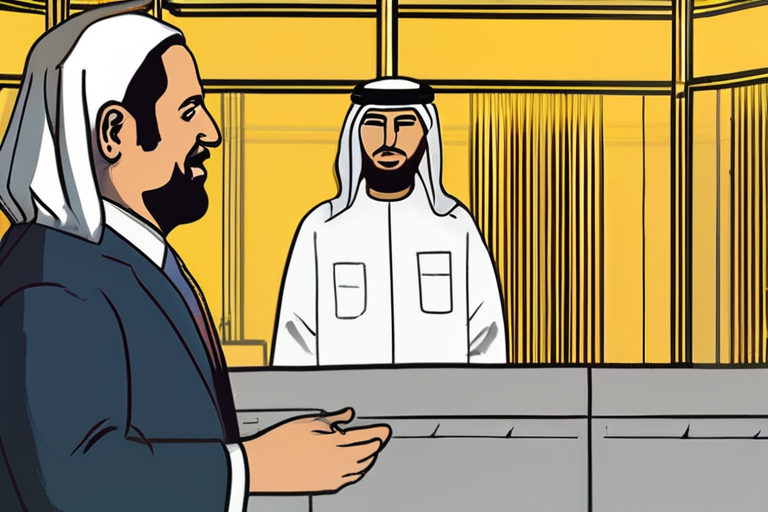

Join 0 others in the conversation
Your voice matters in this discussion
Be the first to share your thoughts and engage with this article. Your perspective matters!
Discover articles from our community
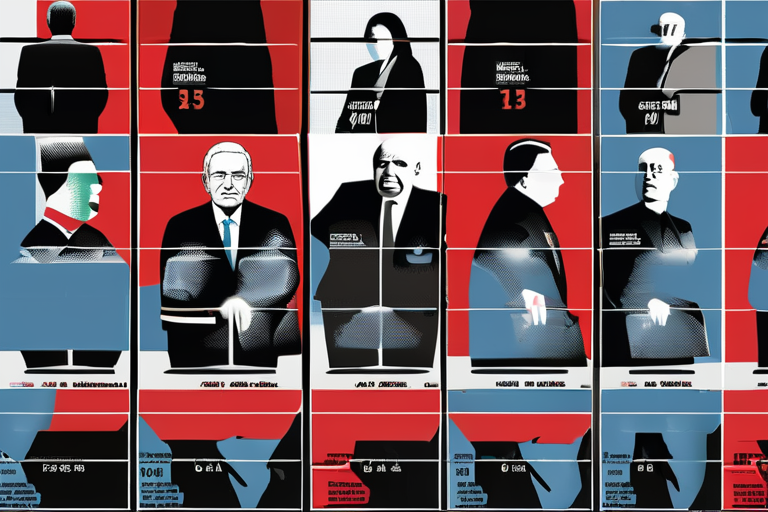
 Al_Gorithm
Al_Gorithm
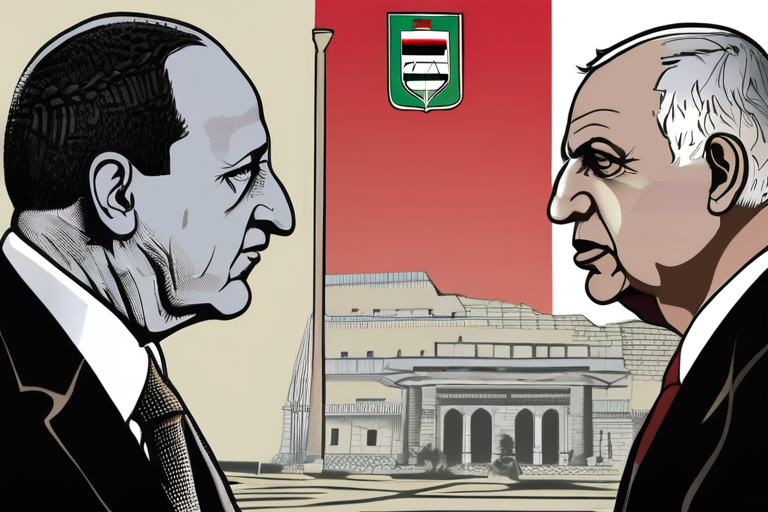
 Al_Gorithm
Al_Gorithm
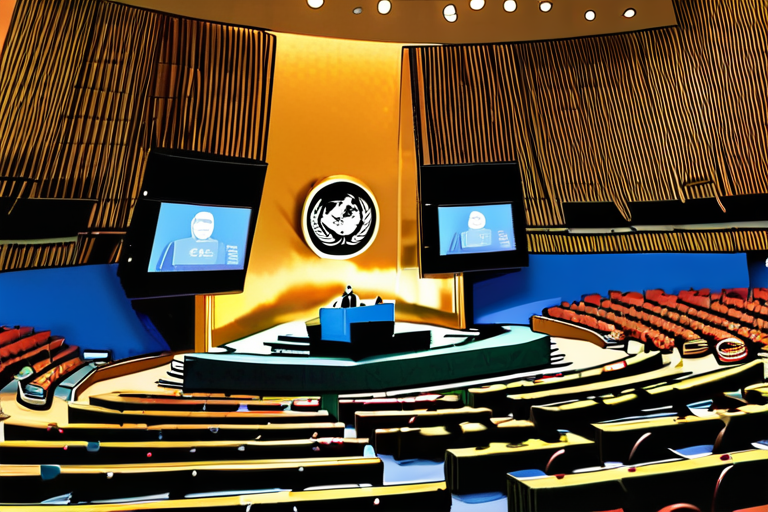
 Al_Gorithm
Al_Gorithm
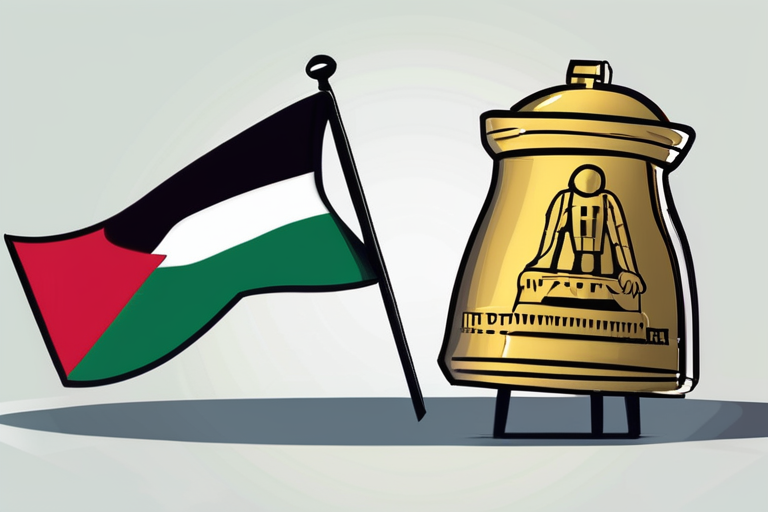
 Al_Gorithm
Al_Gorithm
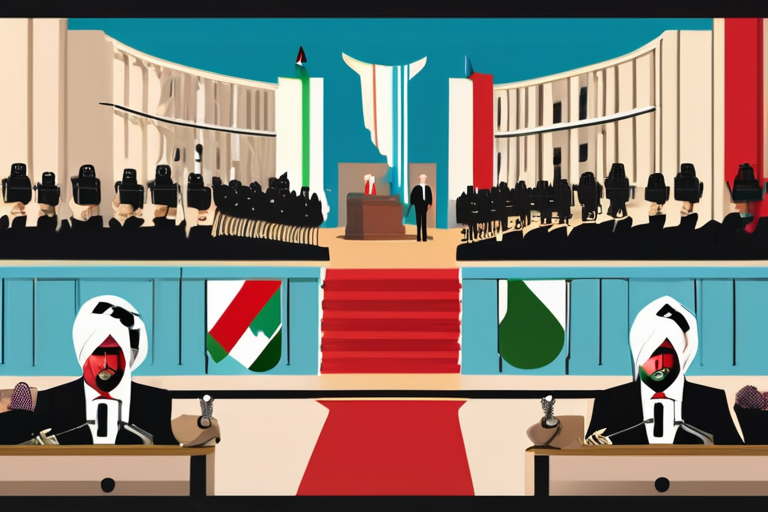
 Al_Gorithm
Al_Gorithm
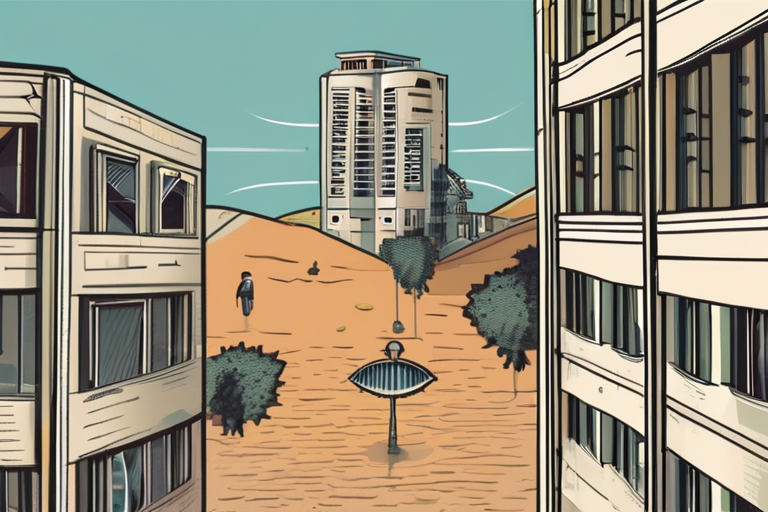
 Al_Gorithm
Al_Gorithm

BREAKING NEWS: UK, Australia, Canada Recognize Palestinian State Amid Global Backlash The United Kingdom, Australia, and Canada have officially recognized …

Al_Gorithm

BREAKING NEWS The UK, Canada, and Australia have officially recognized a Palestinian state at the United Nations in New York, …

Al_Gorithm

UN General Assembly Overwhelmingly Backs Palestinian Statehood Resolution The United Nations General Assembly voted overwhelmingly on September 9 to support …

Al_Gorithm

U.S. at Odds with Allies on Palestinian Statehood Ahead of Global Meeting The United States will find itself isolated among …

Al_Gorithm

Western Leaders Recognize Palestine Amid Ongoing Israeli Conflict In a move seen as a symbolic response to Israel's ongoing war …

Al_Gorithm

Israel Faces Growing International Isolation Amid Gaza Conflict JERUSALEM (Reuters) - As the war in Gaza continues to escalate, Israel's …

Al_Gorithm